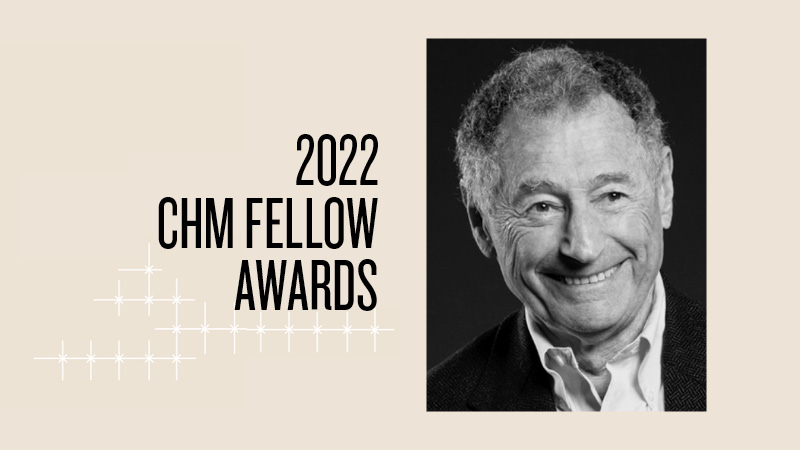Internet Pioneer Leonard Kleinrock Named Computer History Museum Fellow

The museum, located in Mountain View, California, selects annual new fellows who have made a “significant and lasting contribution to the advancement of computing and the information age.” He is one of four fellows selected for the 2022 class. Kleinrock was selected for “his pioneering work on the mathematical theory of computer networks and roles in the ARPANET and in expanding the internet.” The museum will host a gala honoring the newest fellows in October.
Since the museum first established its fellow program more than three decades ago, only 88 have been elected as fellows. Kleinrock joins a prominent list of computing luminaries, including Intel co-founder Gordon Moore, LINUX developer Linus Torvalds and programming pioneer Grace Hopper, who was its inaugural fellow in 1987. Museum Fellows with UCLA ties include adjunct professor Alan Kay, and alumni Vint Cerf, David Patterson and the late Paul Baran.
Kleinrock developed the mathematical theory of data networks, the technology underpinning the internet that he helped bring to life at UCLA in 1969. His research interests include packet-switching networks, packet-radio networks, local area networks, broadband networks, nomadic computing, peer-to-peer networks, blockchain technology and intelligent software agents.
Among the many awards and accolades Kleinrock has received is the National Medal of Science, the nation’s highest scientific honor. He has also been awarded the L.M. Ericsson Prize, the Marconi Prize, the Okawa Prize, the NAE Charles Stark Draper Prize, the BBVA Frontiers of Knowledge Award and the UCLA Medal. He is a member of the National Academy of Engineering, the American Academy of Arts and Sciences, a fellow of the National Academy of Inventors and an inaugural member of the Internet Hall of Fame.
